10 Things You Should Never Do While on Ozempic or Mounjaro

Weight loss journeys can be challenging, even with powerful medications like Ozempic and Mounjaro. Many people start strong but struggle to maintain progress or experience unwanted side effects. Dr. Gerard Acloque, MD, a primary care physician who specializes in weight management, has seen numerous patients facing these exact challenges. His expertise reveals that most issues aren't due to medication failure but stem from avoidable mistakes. Read on to discover how to protect your progress and get the results you deserve.
Don't Skip Meals
While these medications reduce your appetite, Dr. Acloque warns that skipping meals completely can backfire. "This might sound counterintuitive, but skipping meals too often can actually lead to low energy, muscle loss, and binge eating later in the day, possibly causing you to overshoot your daily calorie intake goals," Dr. Acloque explains in his post. He adds that "Ozempic slows digestion and suppresses your appetite. It doesn't mean you no longer need balanced nutrition." Dr. Acloque recommends focusing on "smaller but well-balanced meals, not no meals at all" for sustainable results.
RELATED: 15 Things to Know Before Requesting Ozempic for Weight Loss
Prioritize Your Protein Intake
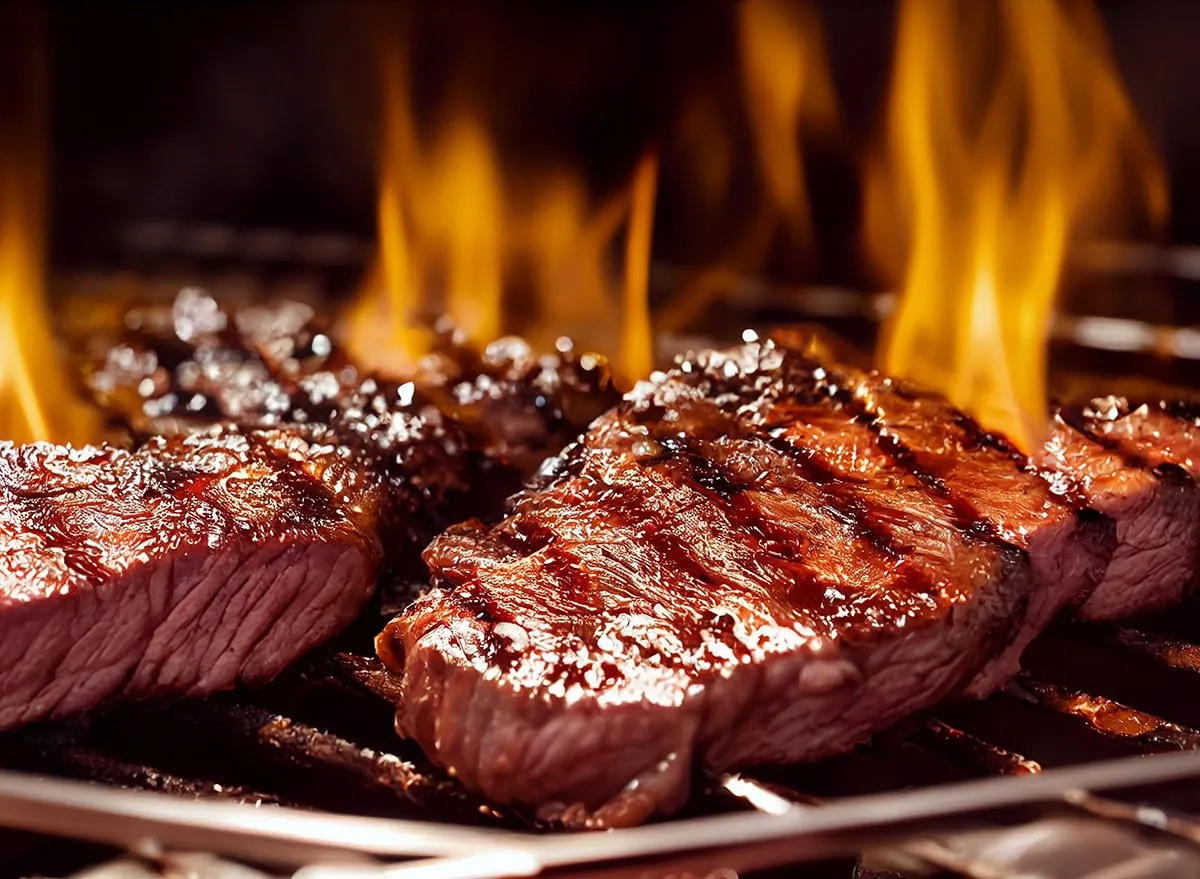
"This is one of the biggest mistakes I see," says Dr. Acloque about insufficient protein consumption during weight loss. "If you're not eating enough protein while losing weight, you're almost guaranteed to lose more lean muscle than you need to, and that slows your metabolism over the long term." Dr. Acloque emphasizes that "Protein is key for preserving lean mass, keeping you full, and helping your body burn fat instead of muscle." He strongly advises "aim for about 30 to 40 grams of protein per meal, and this is a non-negotiable if you want long-term success. Prioritize protein."
Don't Eliminate All Carbs
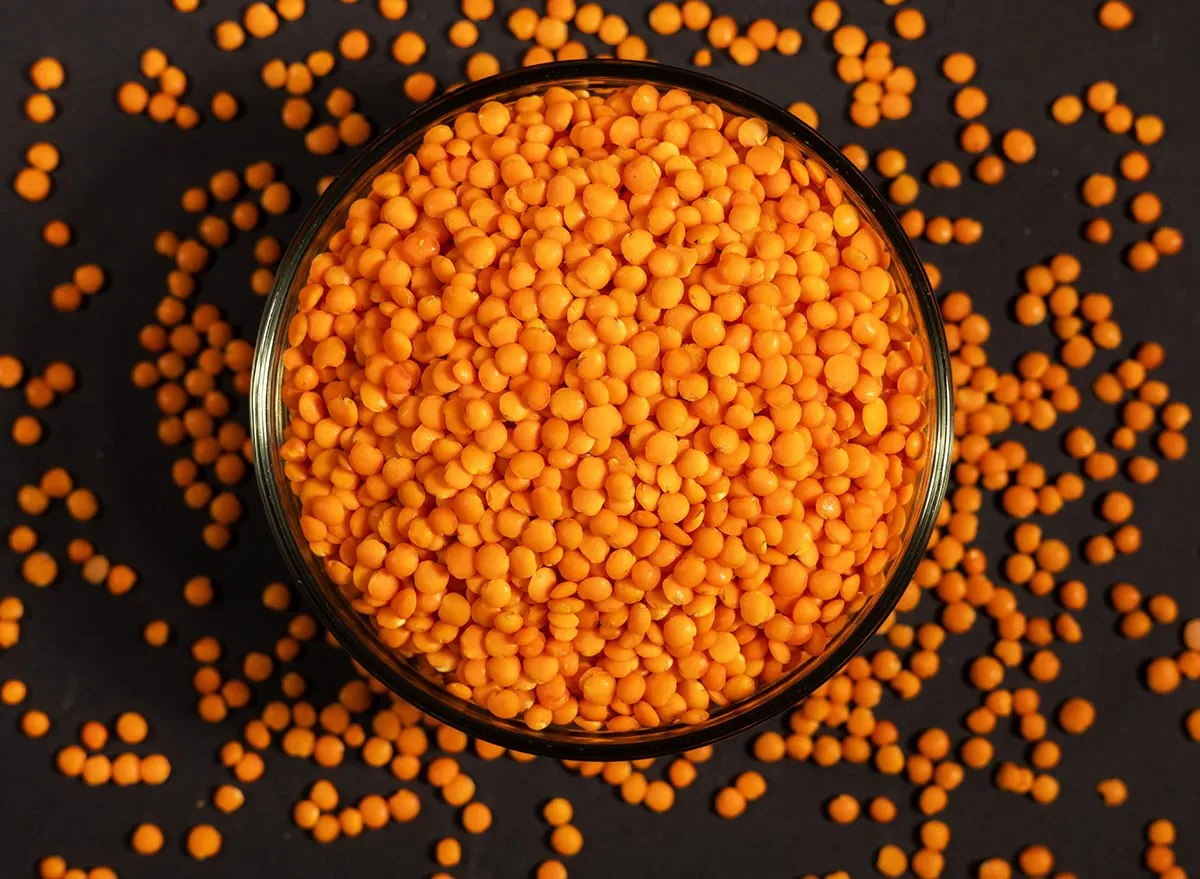
"Cutting out processed carbs, great, but cutting all carbs, including fiber-rich, slow-digesting, complex carbs like fruit, beans, lentils, and whole grains, that's a big mistake," warns Dr. Acloque. He explains that "Your body still needs carbohydrates, especially if you're strength training, active, or you just want to maintain your energy levels." Dr. Acloque points out that "these foods help regulate blood sugar and support your gut, both of which make GLP-1 medications work even better."
Stay Hydrated
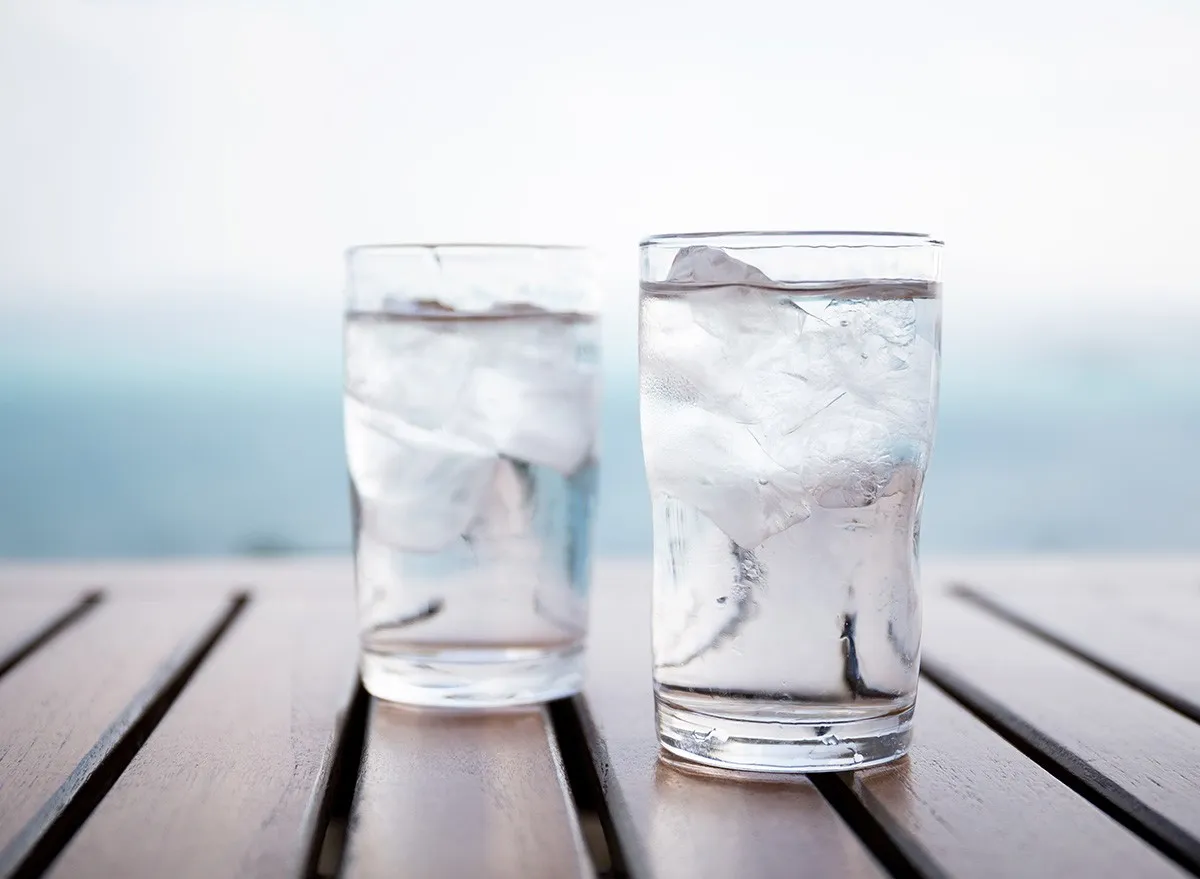
"These medications can decrease your sense of thirst, just like they reduce your hunger," explains Dr. Acloque. "That means you could be walking around dehydrated without even realizing it." He cautions that "Even mild dehydration can make you feel tired, hungrier, and constipated." For optimal results, Dr. Acloque recommends "Aim for at least two to three liters of water per day, especially if you're experiencing nausea or sluggish digestion."
RELATED: 20 Possible Ozempic Side Effects
Don't Rely Solely on Medication
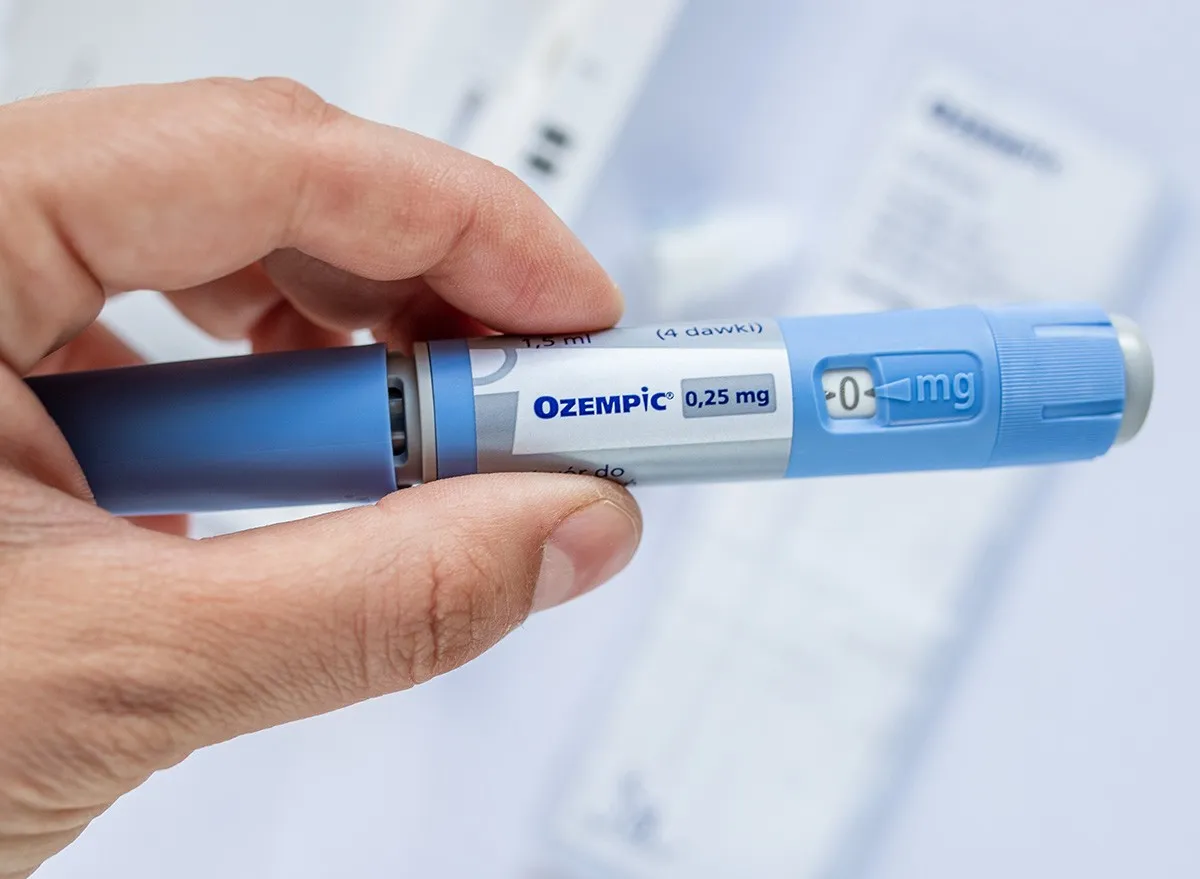
"Ozempic and Monjaro are tools, powerful tools, but they are not magic all by themselves," Dr. Acloque emphasizes. "You will still need to build healthy habits, move your body consistently, manage stress, get adequate sleep, and eat intentionally with respect to quality and quantity of what you are eating." He warns that "If you rely on the medication alone without changing your environment or your behaviors, your results will plateau before you reach your goal and often reverse when you stop taking the medications." Dr. Acloque suggests "think of the medication as a springboard. It helps you get started, but ultimately your habits while taking them determine whether you keep going."
Avoid Greasy Foods After Dosing
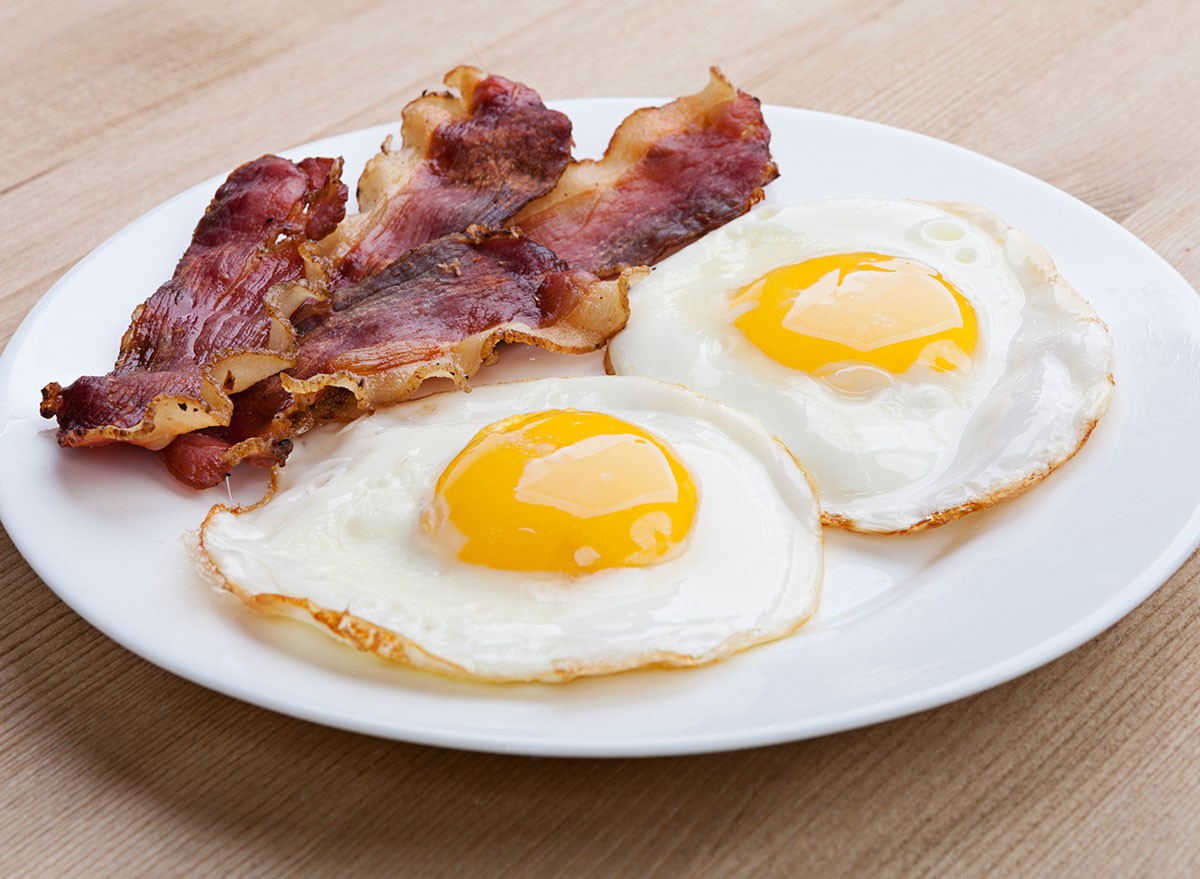
"Don't eat greasy fried foods right after your dose," Dr. Acloque strongly advises. "High fatty meals, especially right after an injection, can trigger or worsen GI symptoms." He recommends examining your diet if you experience post-injection nausea: "If you're getting sick after your shot, take a look at what you're eating that day. Light protein, rich meals with fiber tend to sit much better in the tummy." Dr. Acloque suggests you "Save the fried food for later on in the week if you absolutely positively have to have it, if at all."
Continue Strength Training
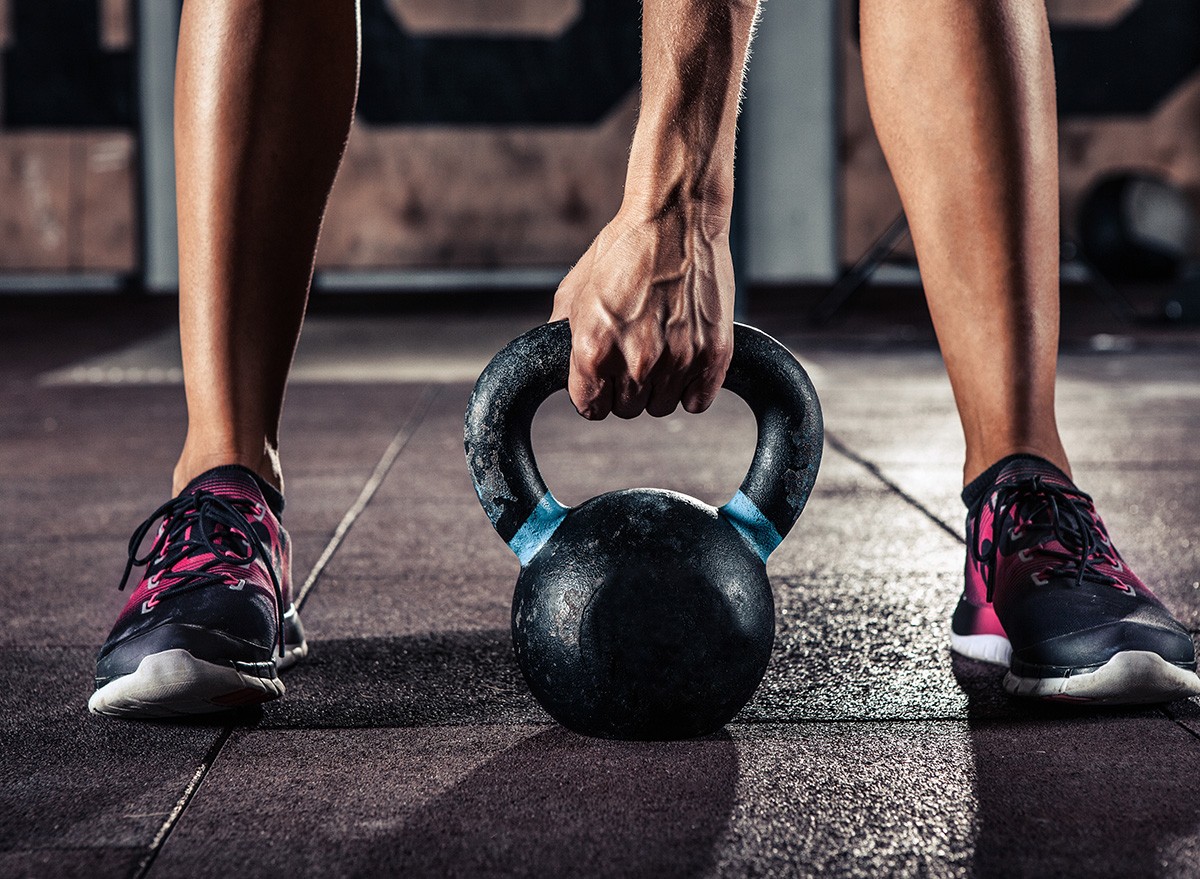
"Weight loss is great, but fat loss with muscle gain is what really changes your metabolism," Dr. Acloque stresses. He cautions that "If you're losing weight without strength training, there's a good chance a lot of that weight is muscle, for sure more than you want." Dr. Acloque explains that "Muscle burns more calories at rest, even supports insulin sensitivity and supports to help you maintain your results long-term." His clear directive: "Lift weights, even light weights to start if it's new to you and use bands, do body weight exercise. Do anything you have to do to get the resistance that you need to get, but whatever you do, don't skip this step."
RELATED: What Happens to Your Body When You Stop Taking Ozempic
Look Beyond the Scale
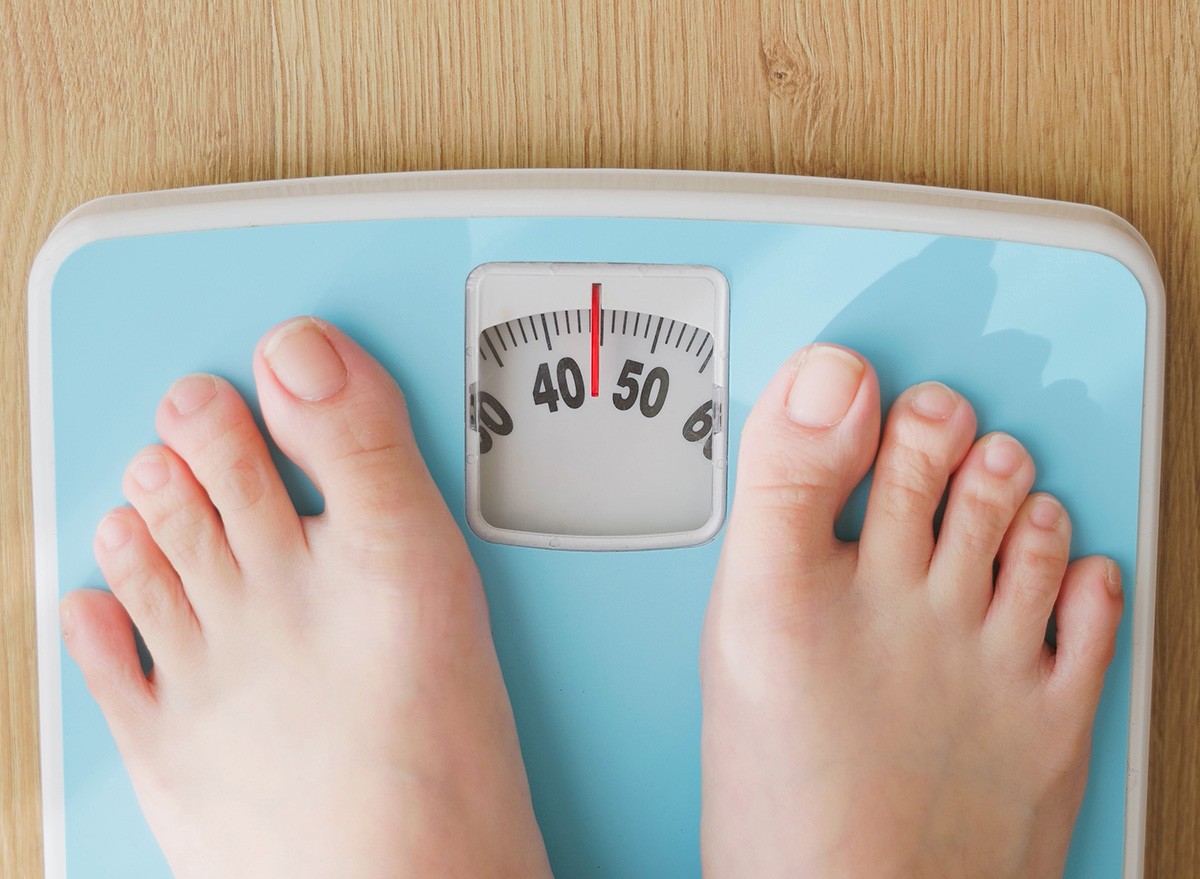
"It's easy to get discouraged if the number on the scale doesn't move as fast as you would like or goes up after a workout or high-sodium meal," Dr. Acloque acknowledges, "but weight loss is not linear." He explains that "Water retention, muscle gain, and slow digestion all affect your day-to-day weight." Dr. Acloque recommends that "Along with your scale numbers, check how your clothes fit, how your energy feels, and how consistent your habits are. Ozempic is working, even if the scale doesn't show it every day." He encourages patients to remember that "Non-scale victories or NSVs are a great way to get positive feedback for your efforts."
Don't Stop Too Early

"A lot of people start strong, they lose about 10 to 15 pounds, and then say, hey, okay, I'm good. But the real work actually starts after the first phase," Dr. Acloque points out. He explains that "That's where weight maintenance and habit building really come in and really get set at the very beginning of a lifestyle modification journey." Dr. Acloque warns that "If you stop your medication too early before you've built those habits, there's a good chance the weight comes back, and probably with a vengeance." His advice is clear: "Talk to your doctor, build a long-term plan. Don't quit just because the early results came fast."
RELATED: 5 Foods That Maximize Weight Loss on GLP-1 Medicines
Build a Support System
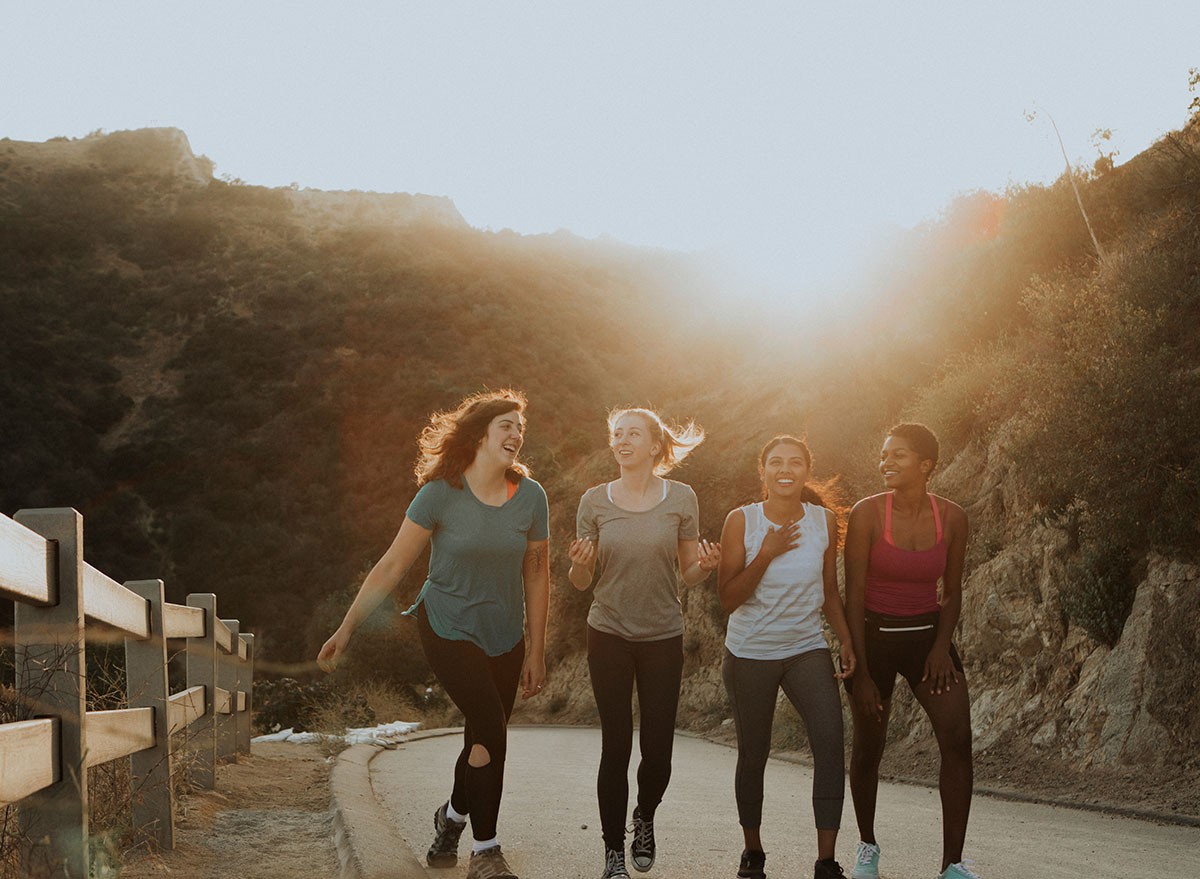
"I get questioned a lot. Hey, doc, who is going to get the best results on Ozempic or Manjaro? Folks with a support group," says Dr. Acloque. He explains that successful patients are "not just relying on the medication, they're learning, staying accountable, and get support." Dr. Acloque has observed that people with support networks consistently achieve better outcomes, as they reinforce the habits that make these medications most effective and provide motivation during challenging periods of your weight management journey. And if you enjoyed this article, don't miss 20 Incredible Ozempic Success Stories of All Time.




